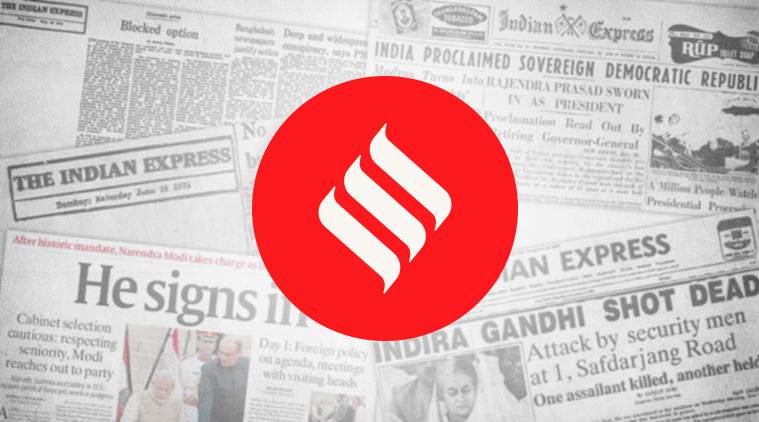By Editorial |Updated: February 18, 2019 10:05:30 am
After Pulwama
Money tap needs to be tightened, Pakistan’s Great Wall of China needs to crack.

After the Pulwama attack in Jammu and Kashmir, Delhi once again confronts a problem that has persisted ever since Pakistan acquired nuclear weapons in the late 1980s. Put simply, it is about Delhi’s inability to deter the Pakistan army from using proxies like the Jaish-e-Mohammad and Lashkar-e-Taiba to wage a war against India. For the Pakistan Army, nuclear weapons have provided the impunity to pursue a sub-conventional war against India. Over the last two decades, successive governments in Delhi have tried different things to enhance deterrence against Pakistan-sponsored attacks. They included political measures — comprehensive dialogue on all issues including Kashmir, economic cooperation and people-to-people contact. Efforts at peaceful persuasion were thwarted, as Pakistan pulled back repeatedly from significant political agreements. Among the coercive steps that India sought to pursue are the mobilisation of international diplomatic pressure against Pakistan, massing of troops on the land border and naval ships in the Arabian Sea, and the so-called surgical military strikes across the Line of Control in Kashmir. None of these worked because of the political constraint imposed by nuclear weapons.
The danger of escalation to the nuclear level and the fear of international intervention in the Kashmir dispute with Pakistan have had a self-deterrent effect on Delhi. If Pakistan revelled in this dynamic, India has struggled to overcome the nuclear constraint. Any current effort to break out of this nuclear box would demand the political will to explore its brink. It would also demand a careful calibration of strategies. There is little point in speculating on the nature and type of Indian military response. For now, though, there is much diplomatic work to be done.
The withdrawal of the MFN status is unlikely to make much of an impact on a Pakistan that has never been interested in trading with India. Such steps, including the snapping of diplomatic relations, signal India’s displeasure with Pakistan but achieve little. India should focus, instead, on targeting Pakistan’s greatest current vulnerability — a troubled financial condition. Even as Islamabad desperately seeks international support to shore up its economy, the global Financial Action Task Force is considering the case for putting Pakistan on a black list that will trigger major sanctions. In nudging the FATF, at its meeting this week, towards this goal and in the broader effort to mount international political pressure on Pakistan, Delhi faces two problems — one external and the other internal. On the external front, China has emerged not only as Pakistan’s most important economic partner but also its international political shield. Delhi can no longer remain silent and must signal its willingness to limit bilateral political and commercial ties with China, if Beijing continues to protect Pakistan on terror-related issues. But no external strategy can succeed if Delhi lets the internal cracks widen. For nothing will suit Pakistan more than a surge of communal violence in this country.









.png)




























No hay comentarios:
Publicar un comentario